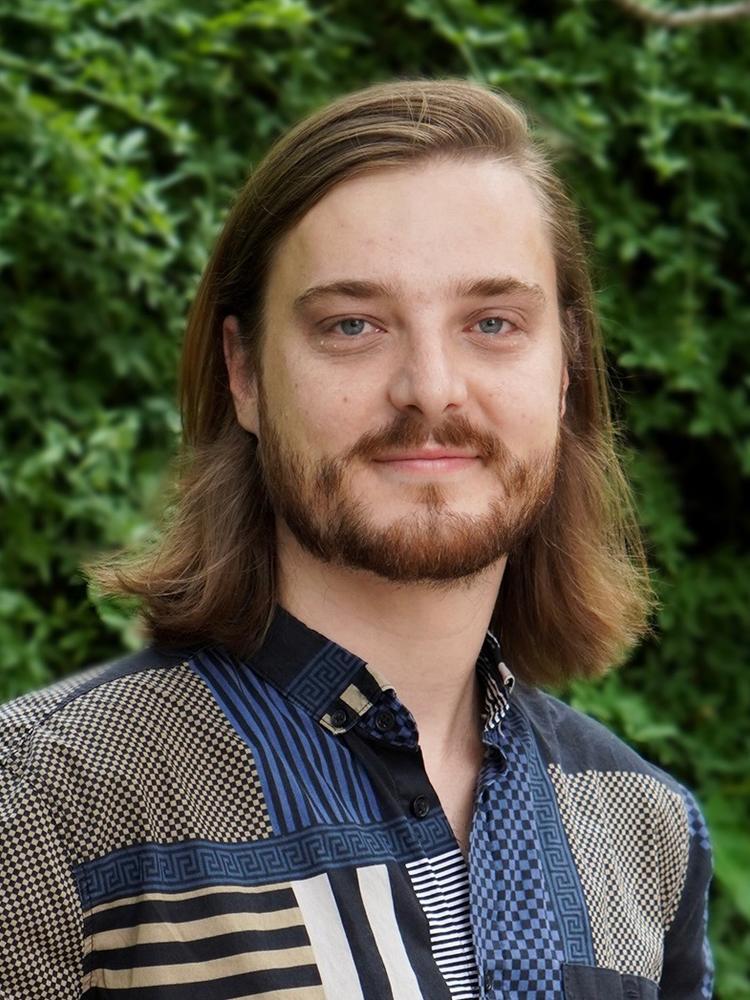-
Theo Gibbs
-
Princeton University
-
Do higher-order interactions promote coexistence in diverse ecological communities?
A central assumption in most ecological models is that the interactions in a community operate only between pairs of species. However, two species may interactively affect the growth of a third species. Although interactions among three or more species, called higher-order interactions, have the potential to modify our theoretical understanding of coexistence, ecologists lack clear expectations for how these interactions shape community structure. In this talk, I will analyze two different sets of assumptions for how higher-order interactions impact the dynamics of competing species and show that they lead to differing outcomes. When higher-order interactions are sampled from unconstrained probability distributions, they are unlikely to generate widespread coexistence. In fact, using an analytical technique from statistical physics, I will show many — though not all — of the qualitative rules derived for pairwise interactions still apply to the higher-order case. Higher-order interactions that have specific relationships with the underlying pairwise interactions, however, can stabilize coexistence in diverse communities. I will conclude by briefly discussing ongoing theoretical work on communities with sparse interactions and experimental work measuring higher-order interactions in annual plant communities.

